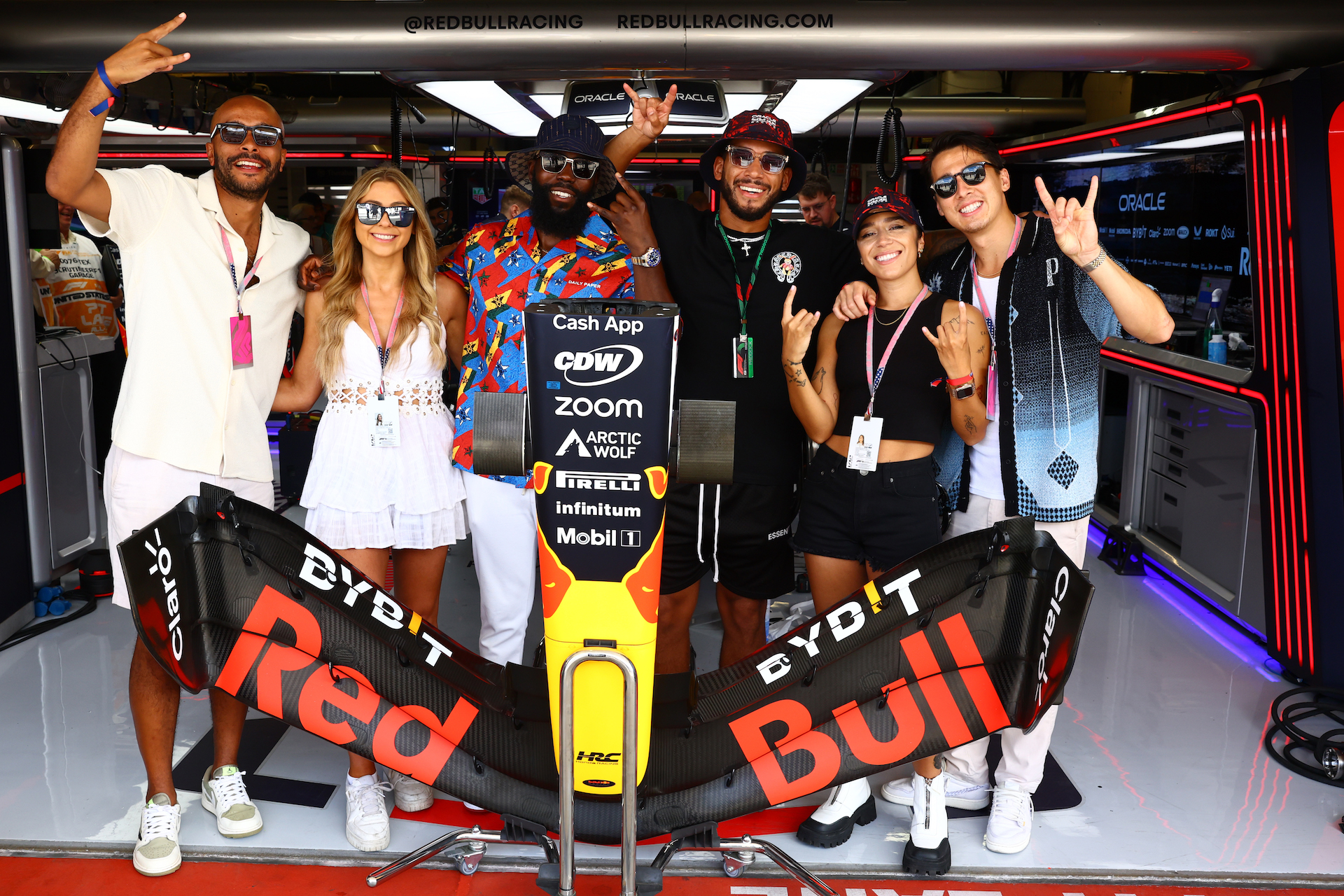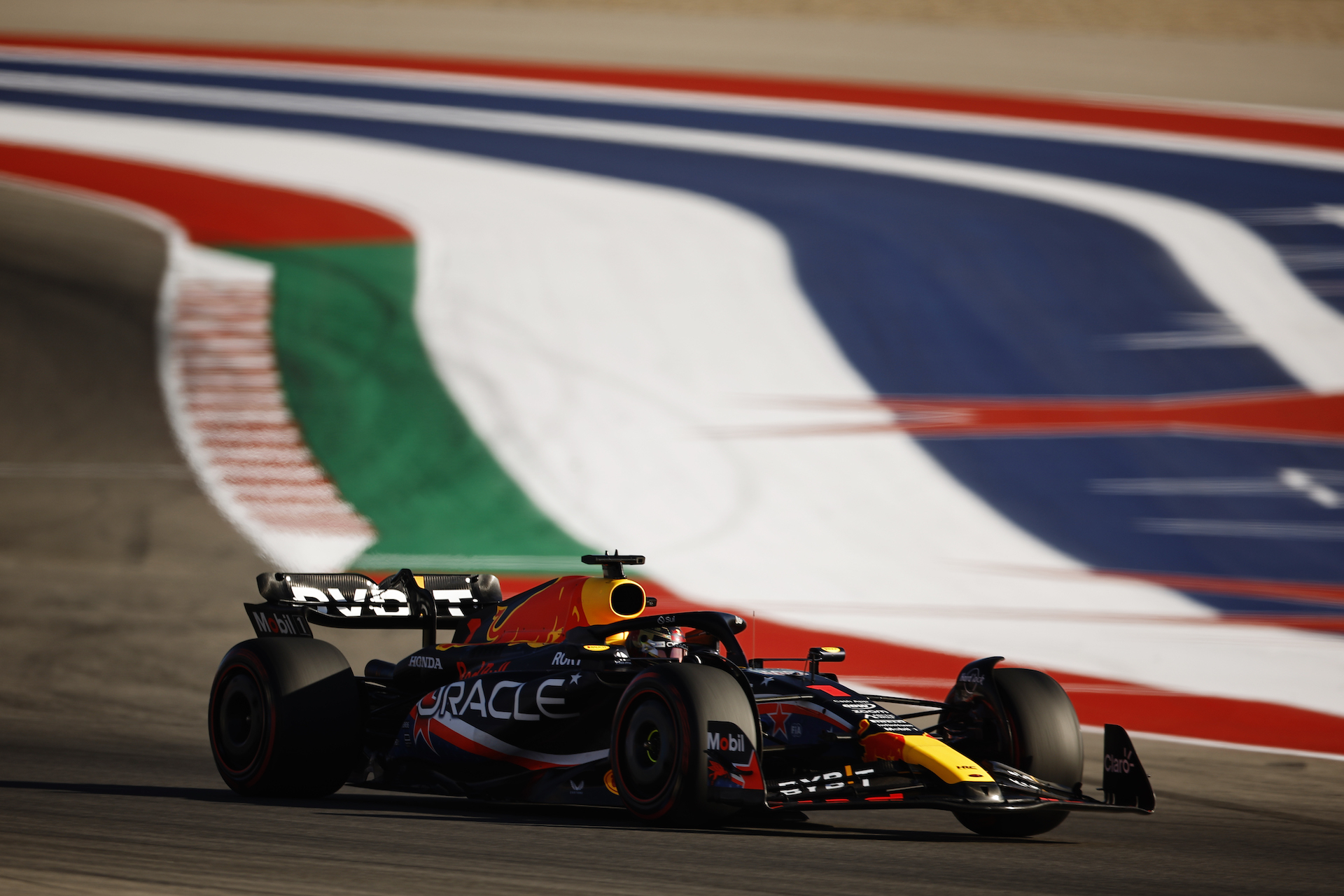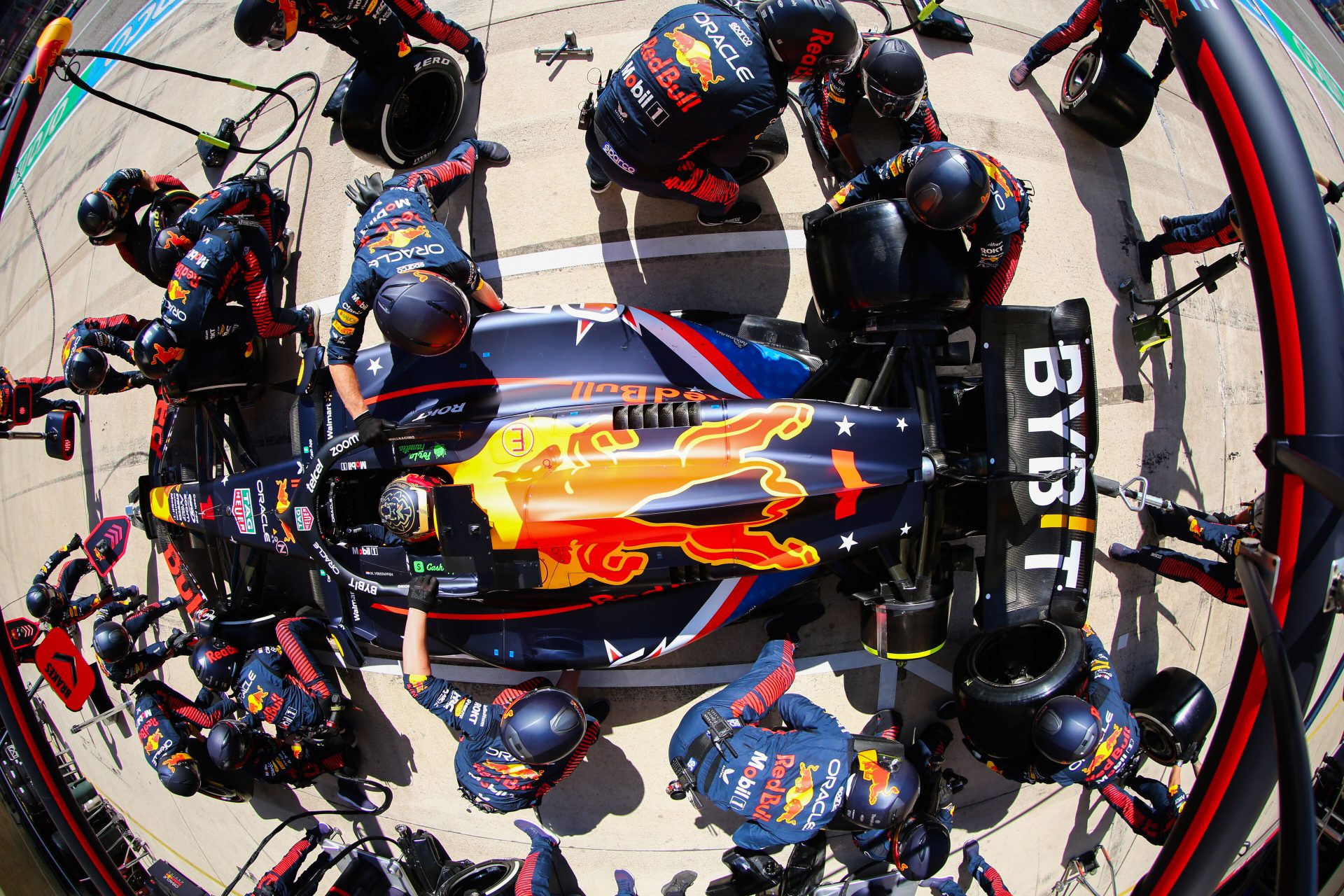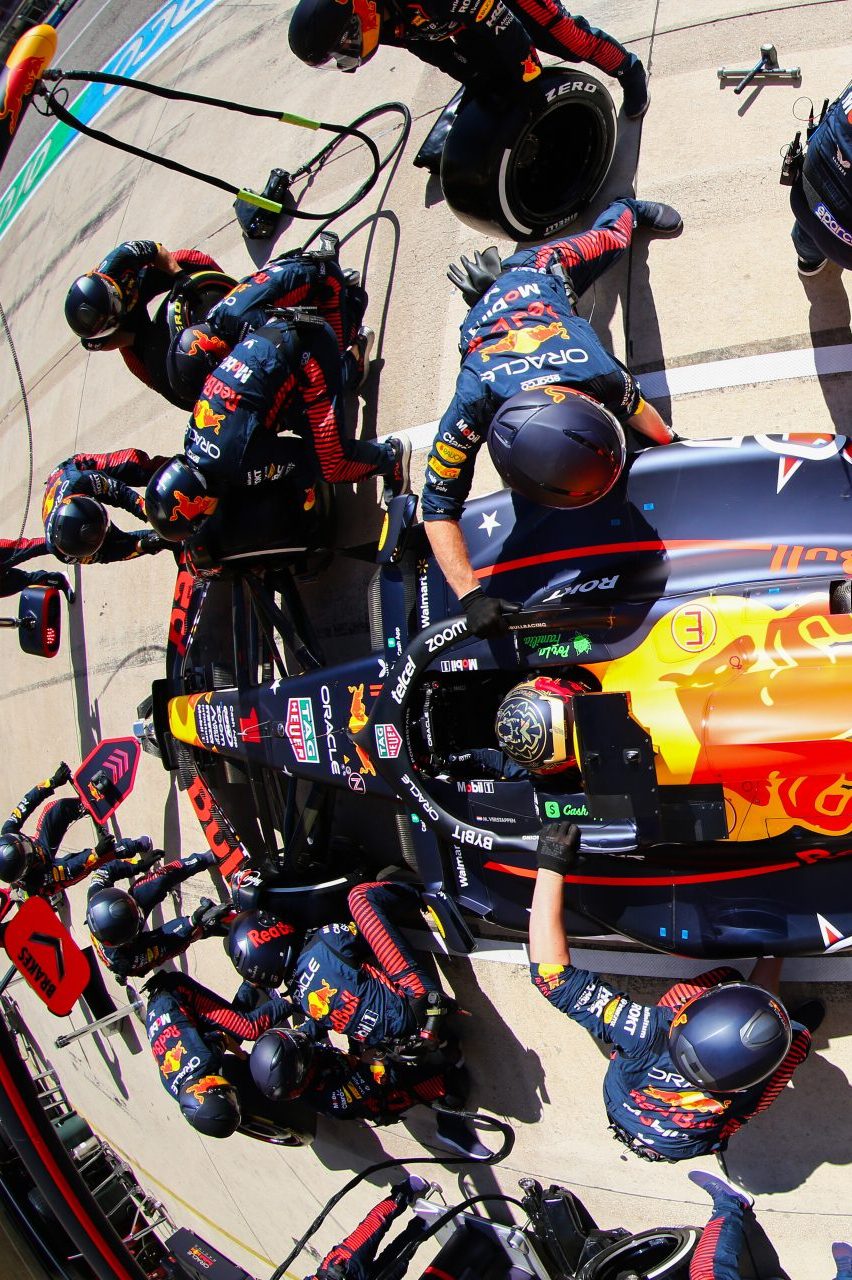Daniel Pund might have become media’s Main Character for a day recently, but don’t be concerned if the name isn’t familiar. It wasn’t to me, either, until the newly elevated editor in chief of Road & Track pulled down an already-published story about Formula 1 racing and its culture – written by Escape Collective editor-at-large Kate Wagner – because, he said, “I felt it was the wrong story for our publication,” as reported by Defector.
That’s a questionable decision on several levels and of course, with the Streisand Effect in full operation, the decision to pull the story quickly became the story, garnering coverage in a variety of spots, including The Washington Post.
Kate’s article, which we re-published on Saturday in its full glory, is a fantastic piece of both writing and reporting – exactly the kind of thing that makes us so proud to work with her. As I told Kate the other day, her story reminded me of some of the best of Hunter Thompson’s earlier work, sportswriting like “The Kentucky Derby is Decadent and Depraved,” and “The Temptations of Jean-Claude Killy.” (Both available in his anthology, The Great Shark Hunt.)
Both pieces, written before Thompson got trapped in the four-walled caricature of gonzo journalism, are piercing examinations of wealth and power, deftly illustrating how both occupy big-time sport and threaten to destroy the core of what attracts us to them in the first place.
In a similar vein, Kate’s story contrasts her awe of and appreciation for the sport itself – the skill and charisma of drivers like Mercedes’ Lewis Hamilton; the almost-living guts of the ferocious machines she sees in the paddock; the precise, balletic choreography of the pit crews – with the baroque, banal backdrop of the moneyed, possibly soul-deadened crowd that can afford the kind of VIP experiences with which she is being graced. She’s not cruel or capricious in her treatment of them, or major sponsors like Ineos, who put on and paid for the press junket she attended. But neither does she flinch from criticism. Regularly, Kate uses bike racing as a point of comparison, and so it’s worth reading for cycling fans even if when you hear the name Max your mind goes to Schachmann or Kanter before Verstappen.

I wish that was the end of the story. But it’s not. In an e-mailed reply to Defector, Pund claimed that “no one from the brands or organizations mentioned in the story put any sort of pressure on me or anyone else,” adding that, “I can understand how people might jump to the conclusion that pressure of some sort was brought to bear. It wasn’t.”
There are two ways to read that, neither of which is reassuring to fans of a free press unafraid to speak truth to power. First: Pund was absolutely under outside pressure, and jumped on the grenade to try to protect his title from the obvious shitshow that would ensue if it was found to have pulled a major story under duress.
The other, perhaps more disquieting option is that Pund is telling the truth. Entirely pulling a story after it is published is exceedingly rare; when it does happen it’s usually because of a systemic problem like defamation, plagiarism, or fabrication that makes the piece’s very existence untenable. But that’s not the case here. Wagner says she stands by and is proud of her reporting and writing, and in Pund’s e-mail to Defector – his only public statement to date – he identifies no factual errors or even flaws with the piece. What was so objectionable about it, he doesn’t say.
As a career journalist, that’s both deeply troubling to me and something I recognize from long personal experience and observation. I’ve had stories delayed and killed (although never post-publication) for various reasons, including because they were politically uncomfortable for a magazine. A highly similar incident to Road & Track – where a story on CyclingTips that also lacked any factual errors was yanked down after it published – arguably helped set in motion the events that would lead to Escape’s existence.
Finally, I have been on press junkets of the type Kate took, where bottom-dwelling scribes like us get to have experiences well above a journalist’s pay grade. The common element in all of these instances – the junkets themselves, the stories published and then pulled – is the role of power and money in shaping journalism for its own ends, which is ultimately what Kate’s story is about.
Some years ago, Michelin’s bike division flew a bunch of tech writers to Alabama to see and ride some new mountain bike tires. Really, though, we were in Birmingham not for a world-class trail system (it was fine, not amazing), but because Michelin was then the tire sponsor of the Porsche USA driving school at Skip Barber raceway, and a full-day performance driving course (cost: $2,100), was the trip’s real main event. That morning in orientation, as we went around the room and introduced ourselves to our fellow classmates and instructors, a man said he and his adult son came for a course every year, as a bonding thing. He owned two 911s and a Cayman. When my turn came, I said, “I’m Joe, I’m a freelance journalist, and I drive a 10-year-old Subaru.” Everyone laughed, but it was clear who belonged and who did not, even though what followed was one of the most enjoyable days I’ve ever called work.

Experiences like this are meant to indebt a journalist, to make them beholden to the largesse that has enabled them to not just vicariously glimpse how the wealthy and powerful live, but for a brief moment to actually inhabit that existence. If I did enough of that, long enough, I might even come to see myself as belonging, even though I very clearly do not.
The unspoken rule that Kate violated is that you never wield the knowledge of that experience against your sponsors to speak ill of them. Nobody will say the tires sucked (they were fine, not amazing) because to do so would be ungrateful and ungracious. I believe that Kate’s breach of that unspoken social contract, as much as any other reason, is why the story was yanked. And good on her for doing it.
I think about that in context of Escape because we talk a lot around here about independence and what it means for our journalism. It is not, to me, the freedom to do as you please, damn the consequences. (That got Gawker destroyed, after all, and Deadspin‘s latest stomach-churning twist is a fresh reminder that real people’s careers and livelihoods ride on those kinds of decisions.) What it does mean to me is that, because Escape is entirely member-funded, we can decide to run a story on its merits, without worrying what the blowback will be from a powerful, moneyed interest: an influential advertiser, a lead investor, a well-connected friend of the owner.
It means I can write – and edit our staff – solely to signposts of clarity, honesty, and quality, without a nag in the back of my mind that Wade or Caley will cut me off at the knees for stepping outside some invisible boundary, violating some unknown rule of propriety. We still have to take a duty of utmost care in our work. We need to offer subjects and sources the chance to participate in stories; to make sure that we’re thorough and careful in our fact-finding and reporting; to be fair in our conclusions. But we also need to be honest and write the truth as clearly as we can see it. And the truth here, as clearly as I can see it, is that independence is the only way to ensure we can do that.
What did you think of this story?


